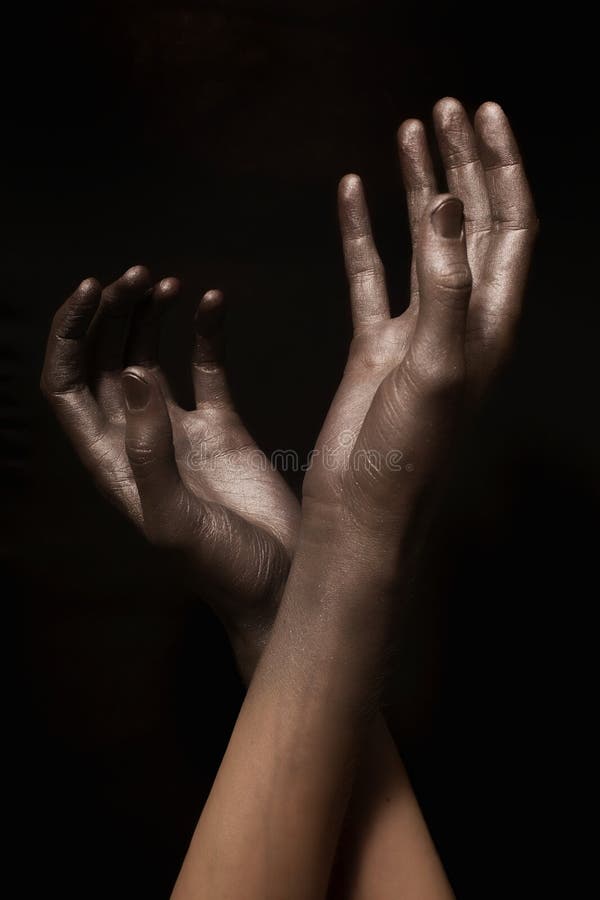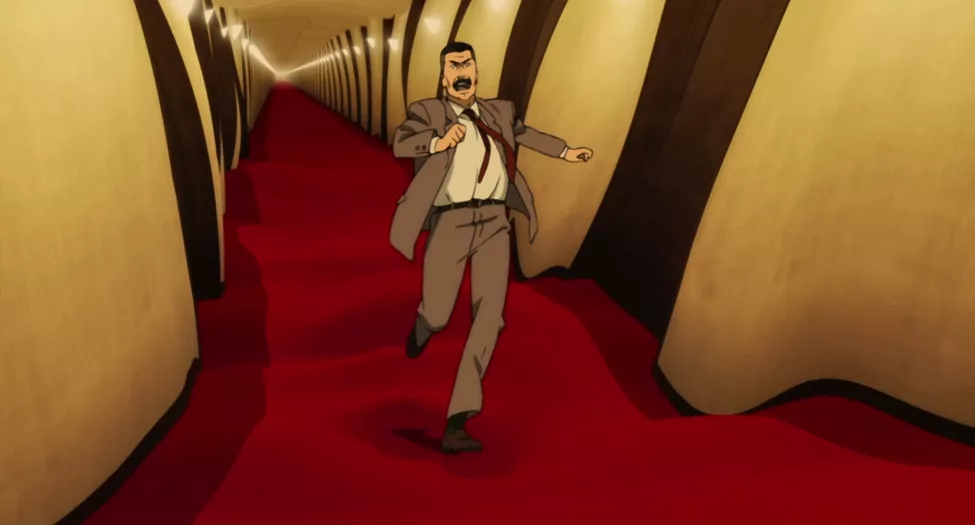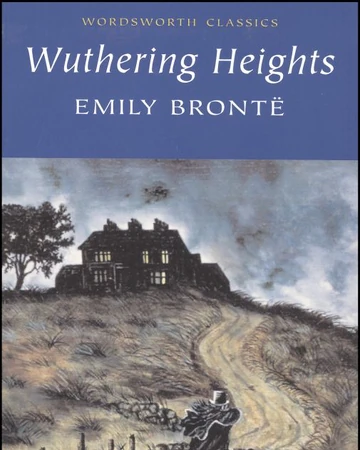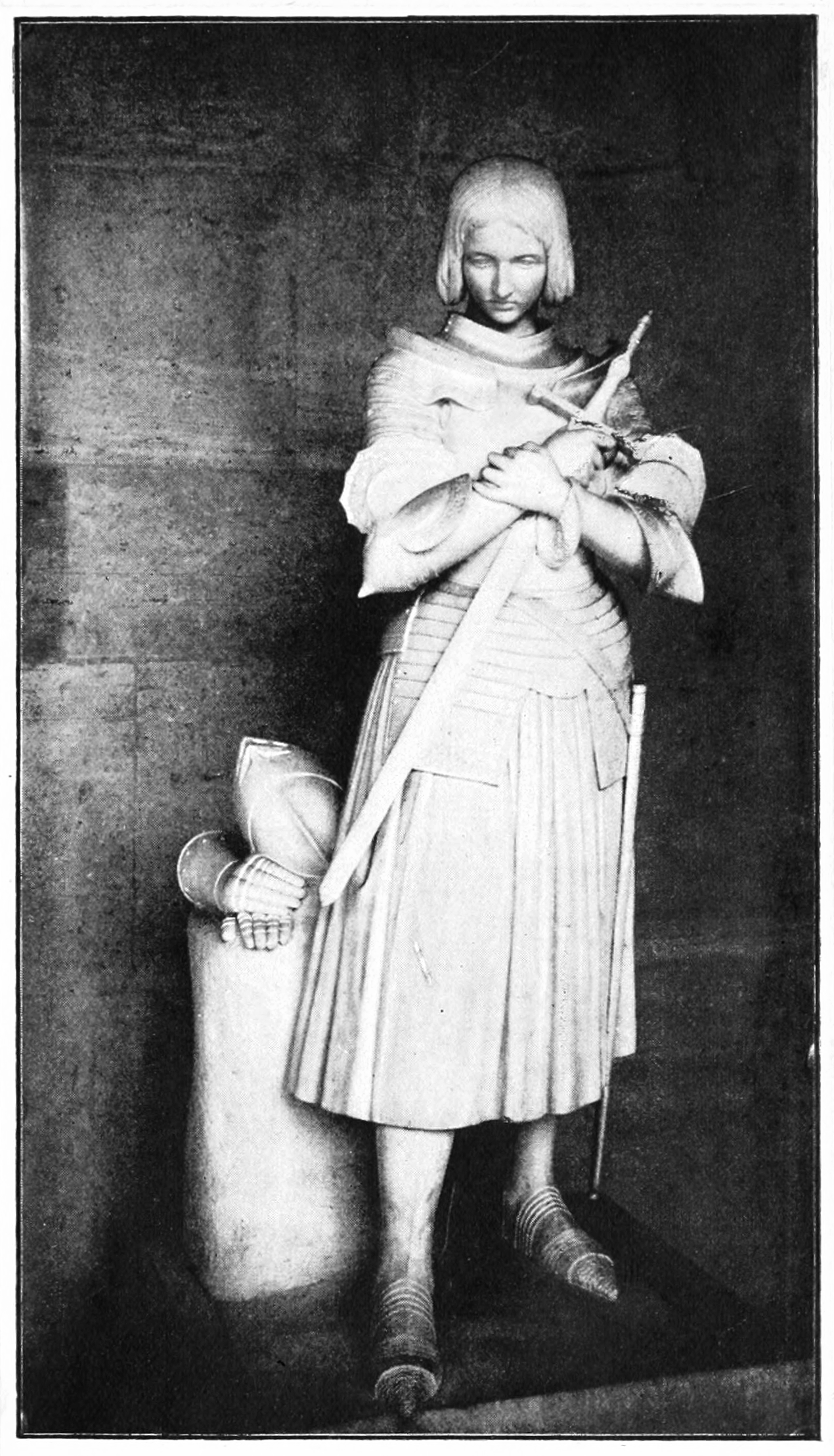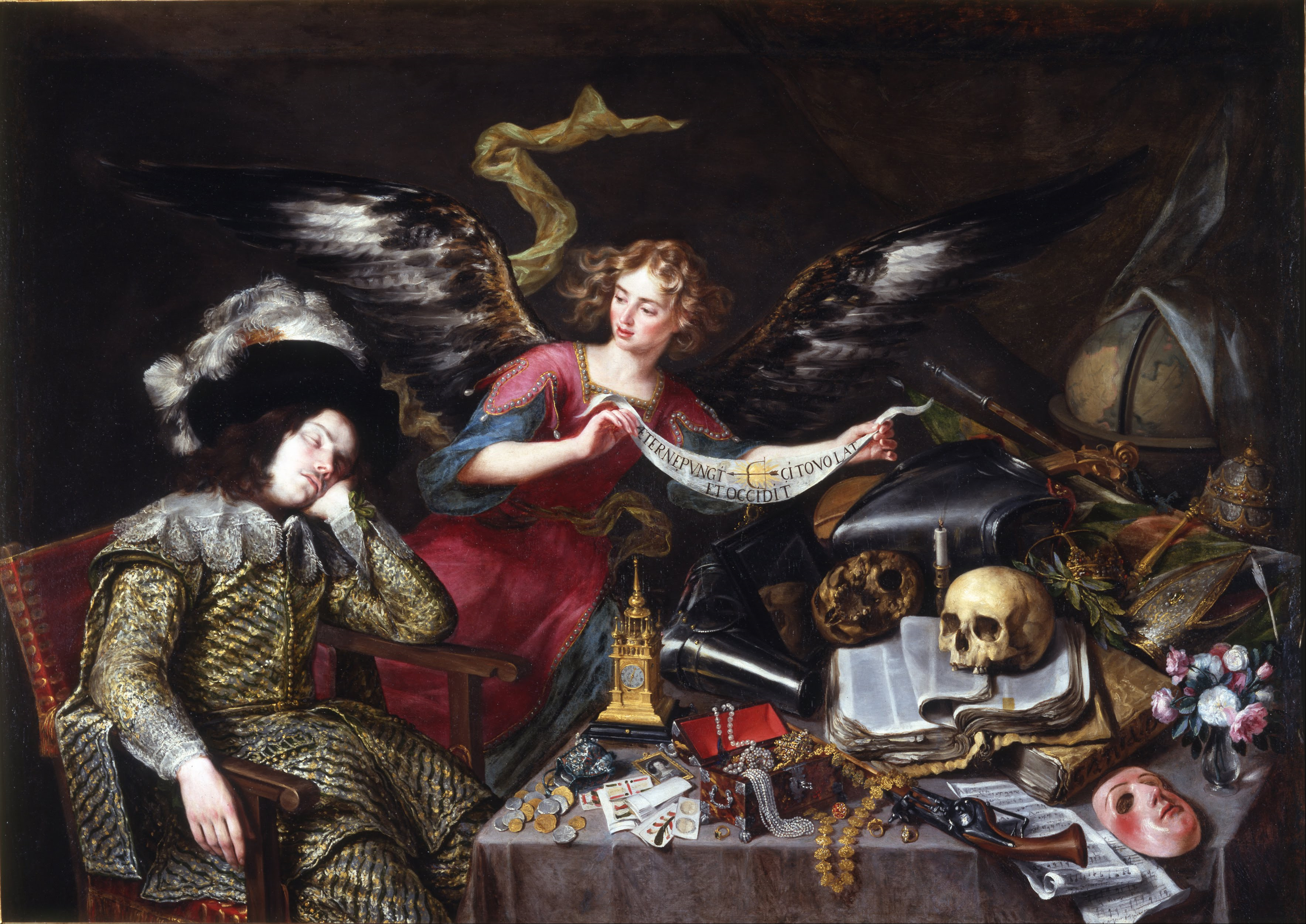[This post contains spoilers for season 1 of Twin Peaks]
Hello everyone! This is the final blog post of the semester! I’ve decided to write it about one of my new favorite shows, David Lynch’s Twin Peaks. David Lynch has a notable affinity for dreams. They are keystones of his films and television series. He is an odd director, honoring the strangeness of dreams. This dream is FBI agent Dale Cooper’s vision from the middle of the first season of Twin Peaks. I have not watched past this episode, so my analysis is all speculation.
Onto the dream!
Dale Cooper’s Dream about Laura Palmer
[I’ve written a description in case you’d rather read about the dream:]
A very old Dale Cooper sits in an armchair in a red room across from someone who looks like Laura Palmer (the girl whose murder Dale Cooper is investigating) and a little person. The little person says “Let’s rock!” in a strange, distorted, backwards-sounding voice. The girl who looks like Laura taps her nose and stares at Dale. The little person tells old-Dale, again in a backwards-sounding voice, that the girl who looks like Laura Palmer is his cousin— and doesn’t she look exactly like Laura Palmer?
“But it is Laura Palmer,” says Dale Cooper, confused. “Are you Laura Palmer?”
“I feel like I know her, but sometimes my arms bend back,” she answers.
The little person says, “Where we’re from, the birds sing a pretty song. And there’s always music in the air.”
He begins to dance to snappy music as the lights flash.
Laura-not-Laura walks over to Dale and kisses him. They both smile. She leans over and whispers something in his ear. Then he wakes up.
The Analysis
Dale Cooper’s dream about Laura Palmer, the girl whose murder he is investigating, is a trance-like dance (literally) of mystery and intrigue. Dale dreams of a little person and someone who looks like Laura Palmer (or is it Laura?) in a red room speaking to him backwards while music plays.
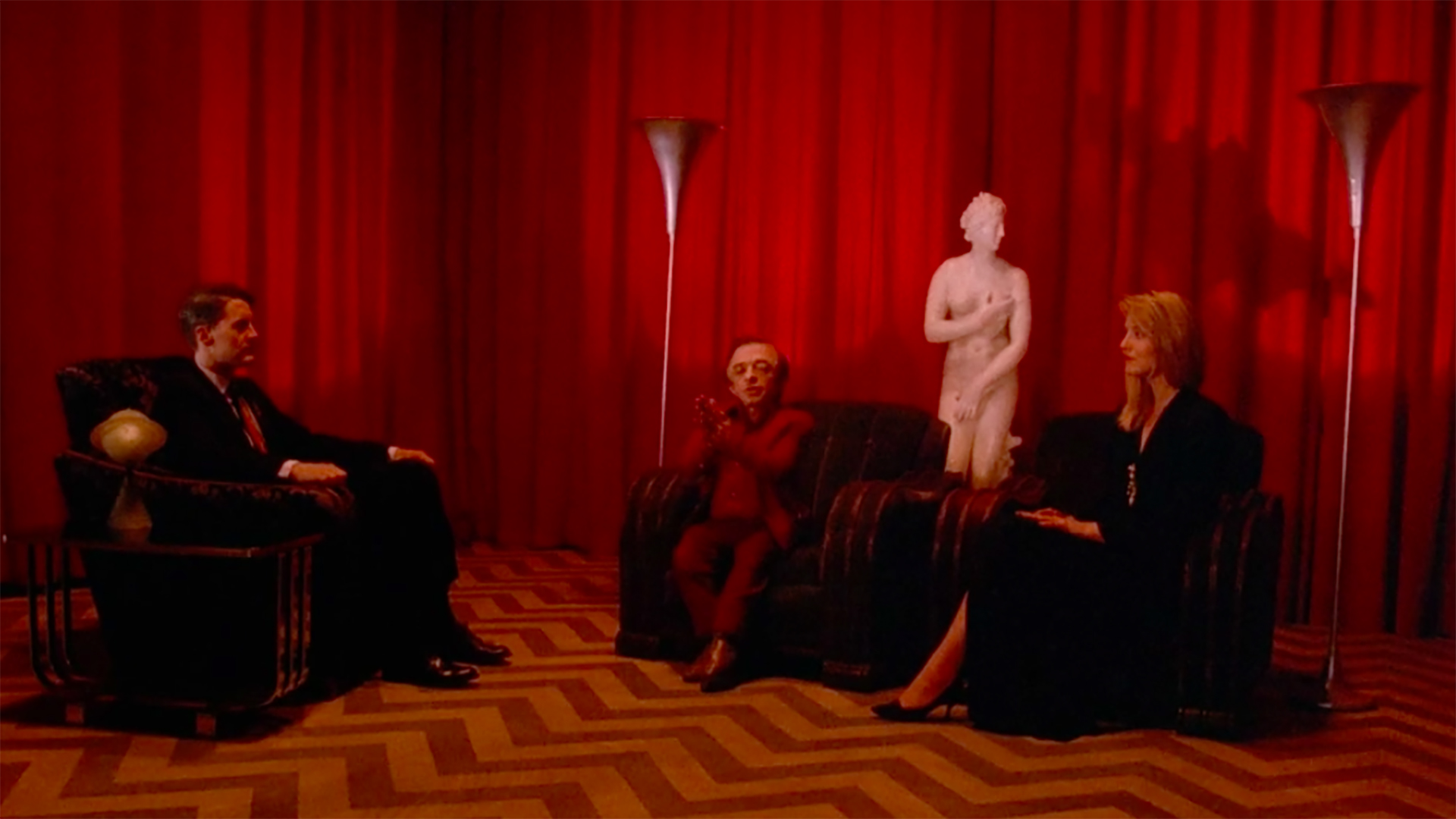
One significant thing that Laura-not-Laura says is “I feel like I know her, but sometimes my arms bend back.” This could indicate, first, that Dale has intuition about Laura’s divorce from her own identity. “I feel like I know her” means that she doesn’t really know herself. This disconnect from herself could have contributed to her murder. In addition, “sometimes my arms bend back” is Laura crying out about the contortion of her murdered body. In other words, Dale is horrified about the mutilation and man-handling Laura’s body has been through, and his subconscious is manifesting a vision of Laura voicing that horror.
The kiss is also significant. Laura-not-Laura leaning in to kiss Dale shows that Dale feels an intimacy with the murdered girl through his FBI work. Dale has come to know Laura by proxy through the people he has spoken to and the items that have come into his possession over the course of his investigation. Dale may feel a sense of tenderness for the girl, which leads to him feeling anger at whoever the perpetrator is. Dale’s closeness to the case ties him to Laura emotionally, and also puts him at risk physically like Laura was in her last moments.
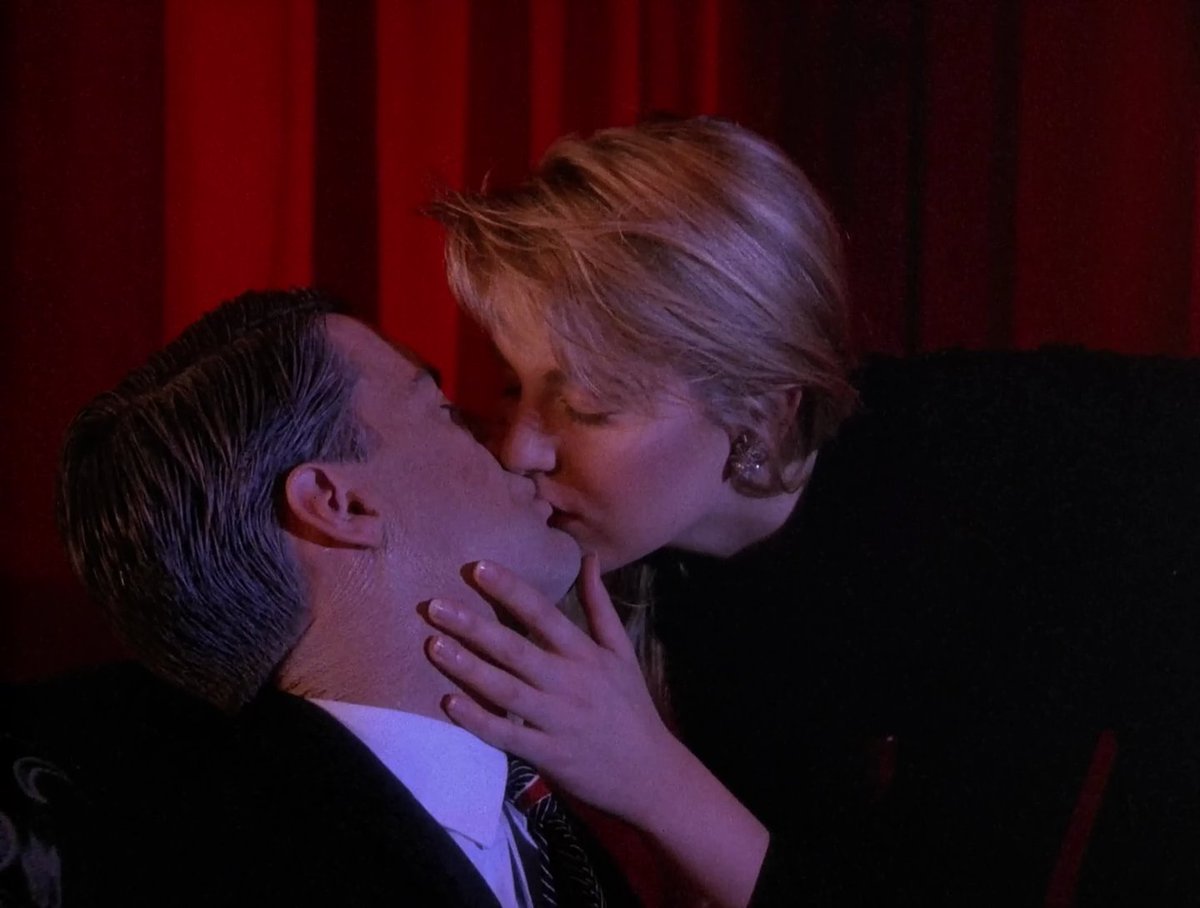
Laura-not-Laura and the little person’s voices also bear signficance. The backwards voices are a representation of Dale’s need to decode clues and signs to crack the case. In order to understand the backwards voices, one must listen closely and carefully, straining to hear what the little person and Laura-not-Laura are saying. Similarly, in Dale’s investigation, Dale must pay meticulous attention to the details of the case and the suspects, never wavering. The voices represent the effort Dale must take to make the clues of a case make sense.
The line “Where we’re from the birds sing a pretty song, and there’s always music in the air” has a twofold function. First, it shows that Laura Palmer is pure at heart. She is innocent and didn’t deserve to be murdered. Anybody who is from a magical land where birds sing and there is music in the air is a pure soul. Second, the line could be a clue to the murder. The murderer could be someone musical, or the murderer could work or live somewhere where music plays.

Overall, Dale Cooper’s dream shows Dale’s care for Laura, his horror at the state of her body, the lengths he must go to crack the case, and Laura’s innocence. Stay loose and dream lucid!



